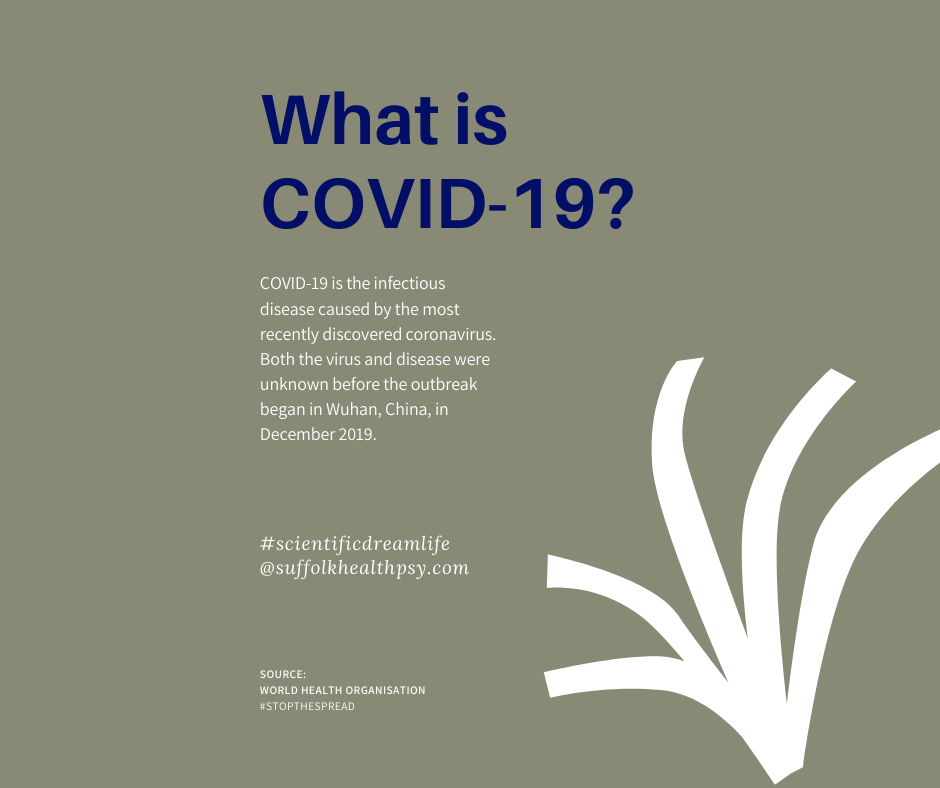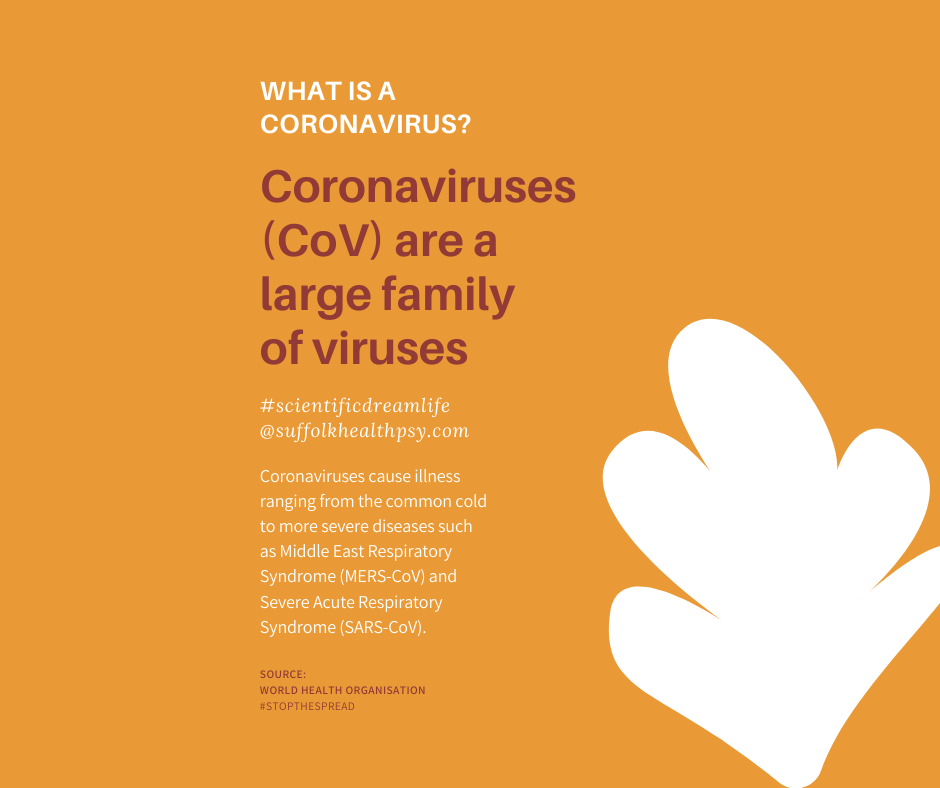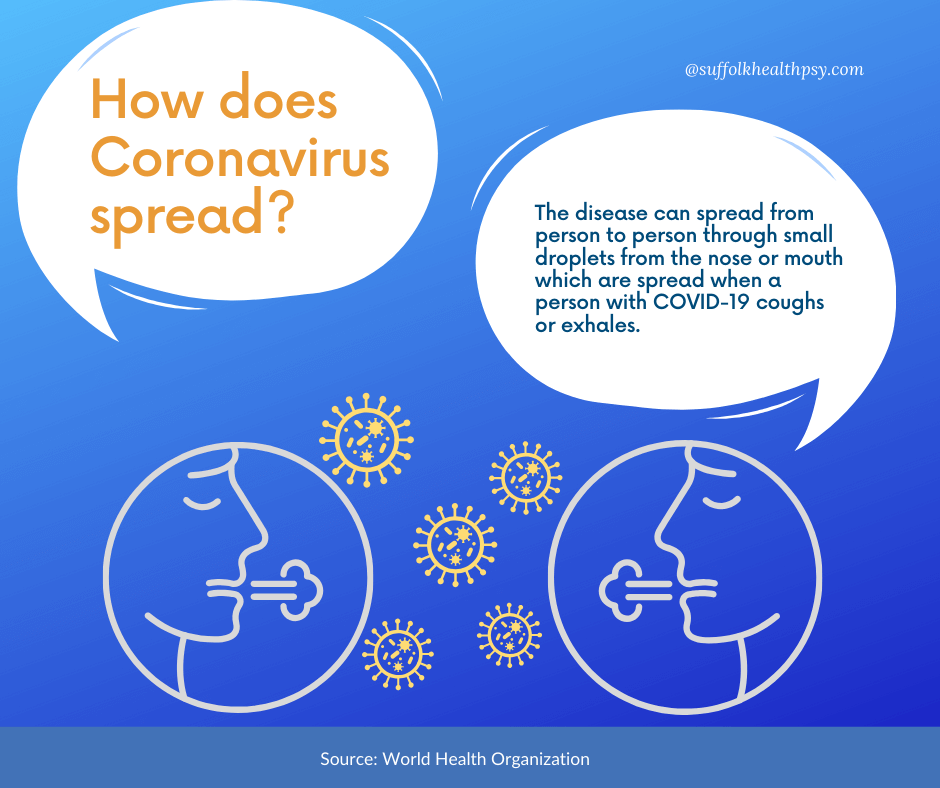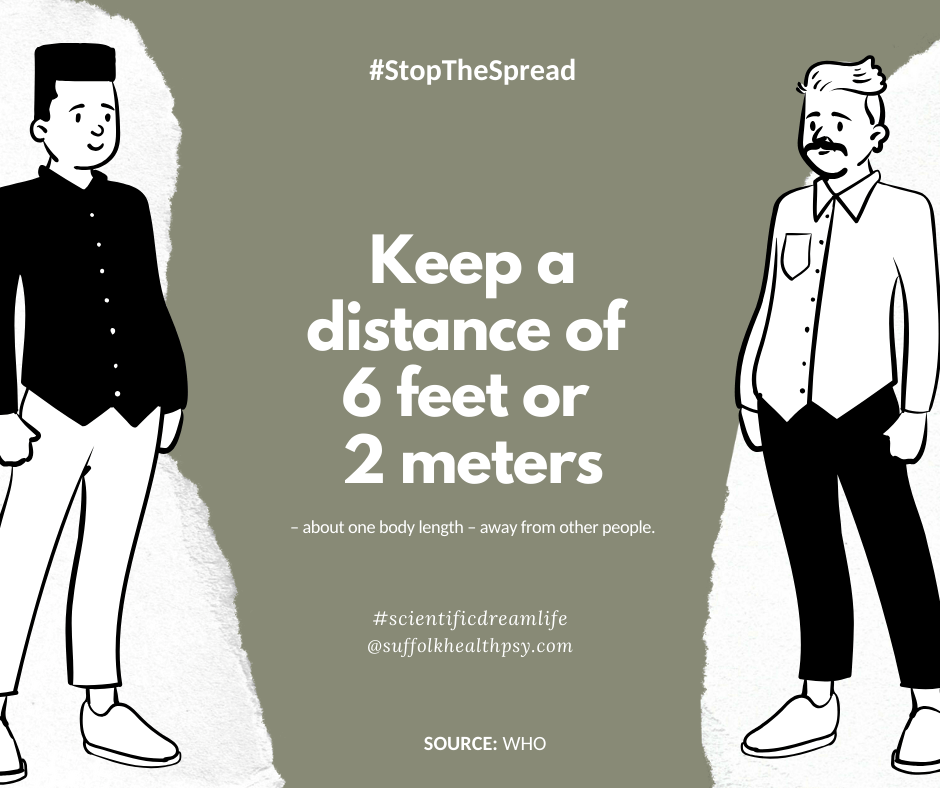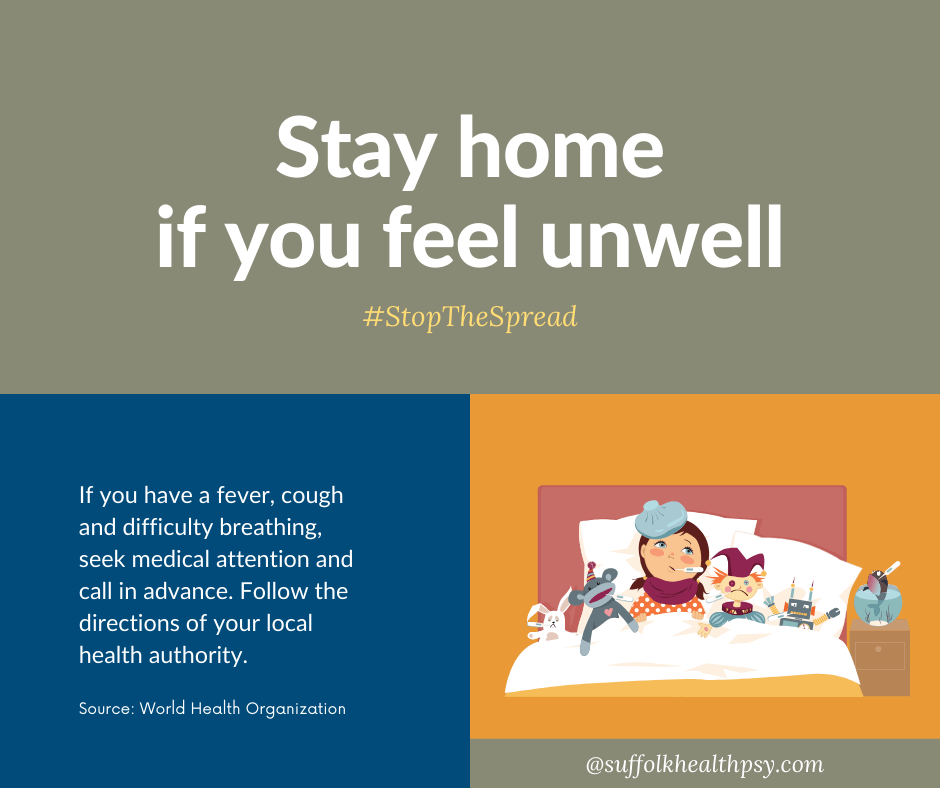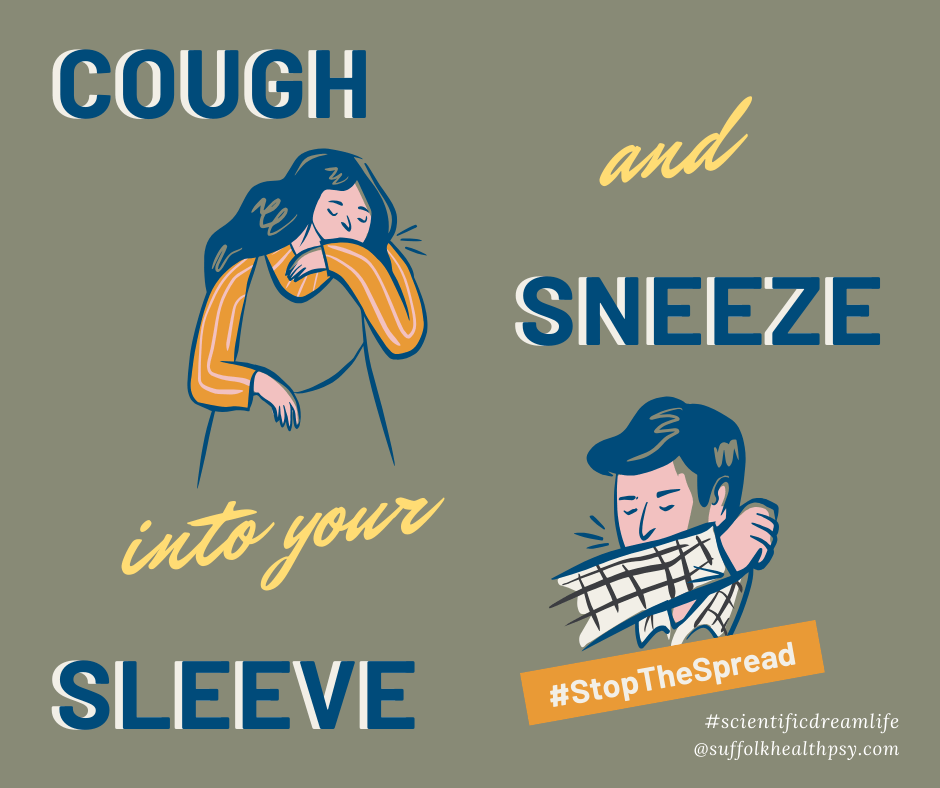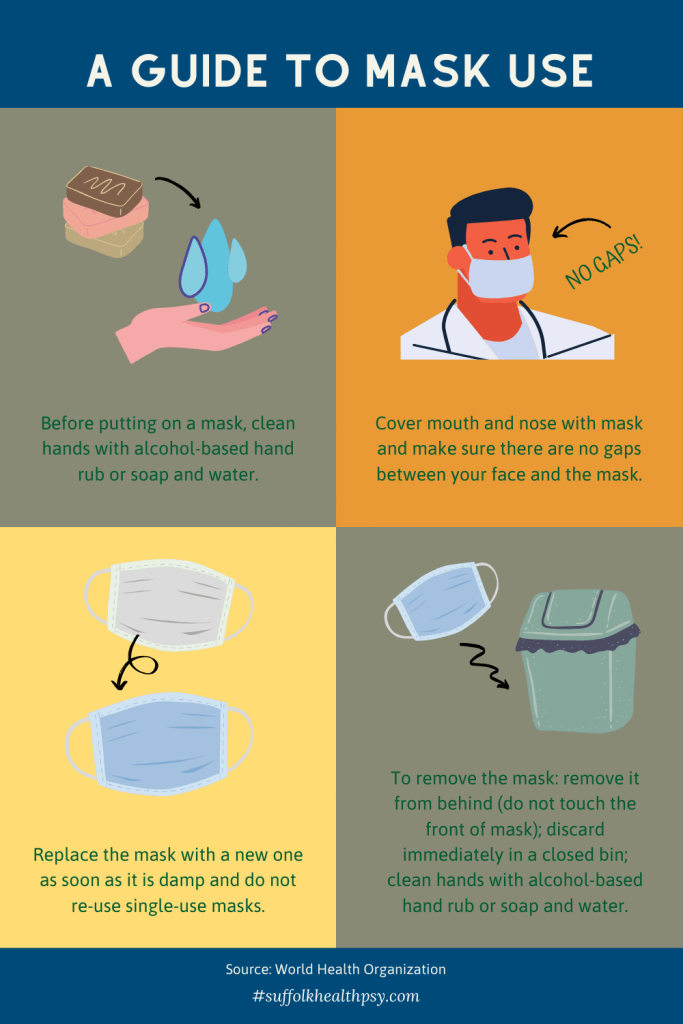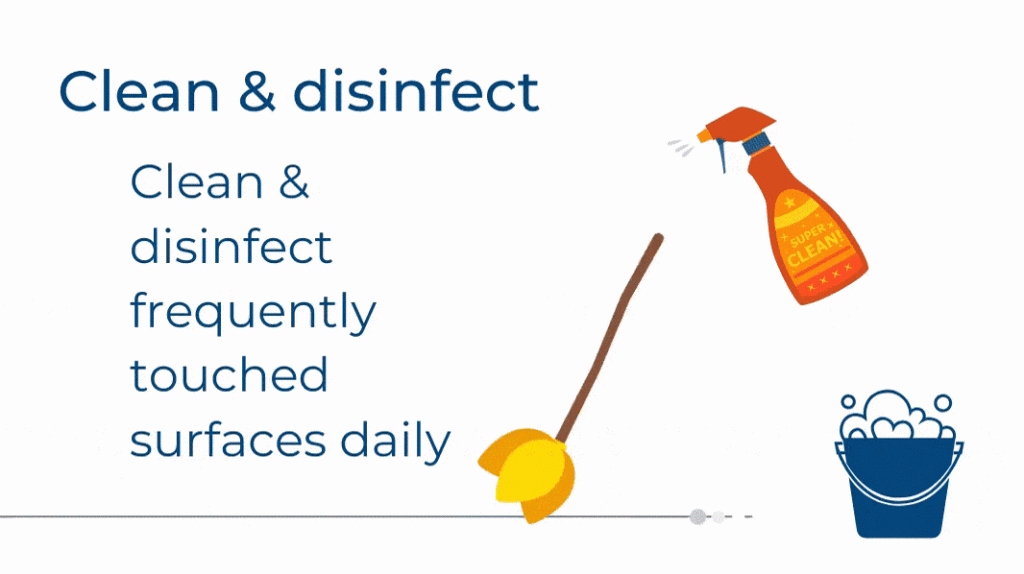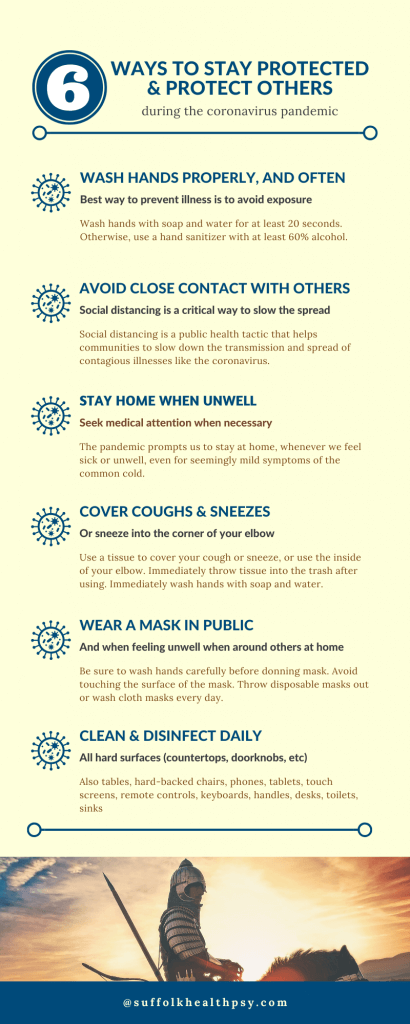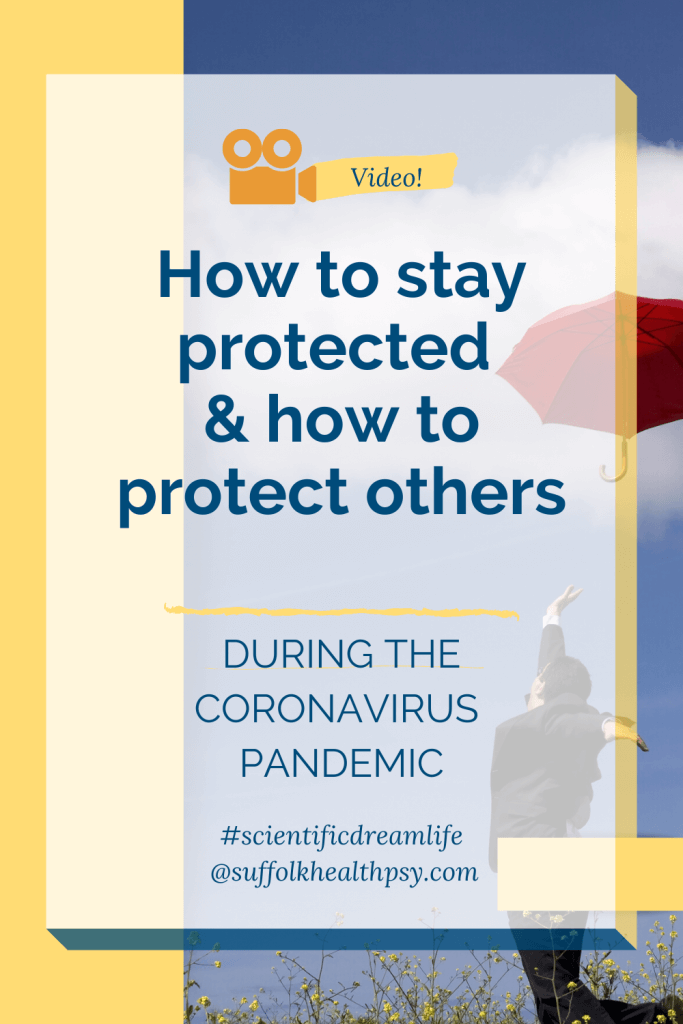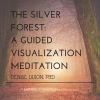← previous
next →
In the current vlog post, we discuss how to stay protected, and how to protect others during the coronavirus pandemic. this animated presentation provides some basic (and yet very important) recommendations for staying safe.
As always, I have written this blog post, for folks that prefer to read text, rather than watch animated presentations (videos).
- First, some context about how to stay protected (and protect others) during the coronavirus pandemic:
- What are the best ways to stay protected from COVID-19?
- 1. Stay protected by washing hands properly, and often
- 2. Stay protected (and protect others) by avoiding close contact (social distancing)
- 3. Protect others by staying home when feeling unwell or sick
- 4. Protect others by covering coughs and sneezes
- 5. Protect others by wearing a face mask in public settings, and when around others in the home, when feeling sick or unwell
- 6. Stay protected (and protect others) by cleaning and disinfecting daily
- How to stay protected & protect others during the coronavirus pandemic INFOGRAPHIC
- DENISE DIXON, PHD
First, some context about how to stay protected (and protect others) during the coronavirus pandemic:
Previously, I had been posting on a fairly regular basis.
Until various work, family, and other responsibilities required my complete focus, and diverted my attention.
And then, the coronavirus pandemic swept the world.
Life as we knew it, has been up-ended, disrupted, and forever changed.
Many folks are struggling to understand (and keep up with) the seeming endless barrage of statistics, and necessary public health measures, designed to slow the spread of the virus, to keep us safe and protected… and save lives.
Each day, I return home from the local community hospital, where all of us health care workers have been working tirelessly and selflessly, to provide the best care for our patients.
We manage our own stress and anxiety, as we strive to keep our patients and ourselves safe and protected.
After returning home, and taking good care of myself and my family, I ask myself, “How can I do MORE? What MORE can I do, to contribute to the greater good?”
Hence, these series of blog (vlog) posts, that focus on staying safe and protected. (A podcast is in the works).
RELATED: Video: Five tips for working from home during the COVID-19 pandemic
This pandemic has highlighted the benefits of the basic tenets of good health, infection control, and stress management.
Let’s start with some basic information about COVID-19:
How does coronavirus spread?
COVID-19 is a respiratory virus that spreads when humans cough or sneeze, causing tiny droplets of mucus and saliva to “fly” through the air. If these “droplet nuclei” land on a hard surface (like a doorknob or countertop), the virus can survive from a few hours to a few days.
- The virus is thought to spread mainly from person-to-person.
- Between people who are in close contact with one another (within about 6 feet).
- Through respiratory droplets produced when an infected person coughs or sneezes.
- These droplets can land in the mouths or noses of people who are nearby or possibly be inhaled into the lungs.
Some research suggests that coronavirus droplet nuclei may survive, suspended in the air as aerosols, for a few hours. When we enter close contact with a droplet, either by being in close proximity to a person that sneezed forcefully, or by touching a surface that an infected person has touched, we can become infected.
Although the coronavirus cannot enter the body through the skin, the coronavirus can enter a person’s system after touching the mouth, nose or eyes, or through a cut.
What are the best ways to stay protected from COVID-19?
- There is currently no vaccine to prevent coronavirus disease 2019 (COVID-19).
- The best way to prevent illness is to avoid being exposed to this virus.
Here is a helpful video from the World Health Organization:
RELATED: Video: Home safety tips during the COVID-19 pandemic
1. Stay protected by washing hands properly, and often
Check out this video from the Centers for Disease Control and Prevention:
- Wash hands often with soap and water for at least 20 seconds
- Otherwise, use a hand sanitizer with at least 60% alcohol
- Avoid touching eyes, nose or mouth with unwashed hands
2. Stay protected (and protect others) by avoiding close contact (social distancing)
Social distancing is a public health tactic that helps communities to slow down the transmission and spread of contagious illnesses like the coronavirus.
Research has shown that in areas where a disease is spreading, taking steps like working from home, shutting down schools, and canceling large events can significantly reduce the rate of new infections.
We can practice social distancing by:
- Avoiding close contact with people who are sick
- Keeping a distance of at least 6 feet (or 2 meters) between ourselves and other people
- Avoiding crowds, working from home (when possible), and limiting shopping and other errands
Social distancing should be practiced by everyone, whether or not exposed to the virus, or feeling unwell.
- avoiding handshakes
- avoiding crowds
- keeping a distance of 6 feet (2 meters)
- most importantly, staying home if feeling unwell or sick
3. Protect others by staying home when feeling unwell or sick
Although we prefer to avoid creating a nation of hypochondriacs, the pandemic prompts us to stay at home, whenever we feel sick or unwell, even for seemingly mild symptoms of the common cold.
Of course, the seeking medical treatment remains an important exception to staying home when feeling unwell. And, we remember to wear a mask whenever we enter a clinic, doctor’s office, or hospital when seeking medical treatment.
4. Protect others by covering coughs and sneezes
- Cover mouth and nose with a tissue, or use the inside of our elbow (never cough or sneeze into our bare hand!)
- Throw the used tissue(s) into the trash
- immediately wash hands for at least 20 seconds, or use a hand sanitizer with at least 60% alcohol
5. Protect others by wearing a face mask in public settings, and when around others in the home, when feeling sick or unwell
- If we are sick: wear a face mask when we are around other people
- If we are not sick: wear a face mask when we around other people in public settings
6. Stay protected (and protect others) by cleaning and disinfecting daily
- Clean and disinfect frequently touched surfaces every day
- Tables, countertops, doorknobs, light switches, backs of chairs
That’s another wrap, folks! Hope you enjoyed the animated slide show, and the videos!
If you enjoyed this video, follow our Vimeo channel to be the first to know when new videos are published!
How to stay protected & protect others during the coronavirus pandemic INFOGRAPHIC
For trusted information regarding the COVID-19 (or SARS-CoV-2) pandemic, visit the CDC website.
Your turn
If you have a suggestion for a video or blog post, then I’d love to hear from you! Simply click here to tell me all about your idea. Thank you!
Has anyone in your household been ill, and/or tested positive for COVID-19? Please share your experience, by answering this question:
DENISE DIXON, PHD
Health psychologist
Dr Dixon is a licensed psychologist practicing in New York State, with specialities in neuro-immunology, trauma, health & wellness. Her contagious enthusiasm for sharing the science of health & behavior has earned her the nickname of “Dr. Smiles.” Dr Dixon also finds joy in motherhood; travel; outdoor sports; singing; piano; and cooking delicious (vegan) meals.
Did you enjoy viewing this vlog post? Please share it, by clicking one of these handy share buttons:

